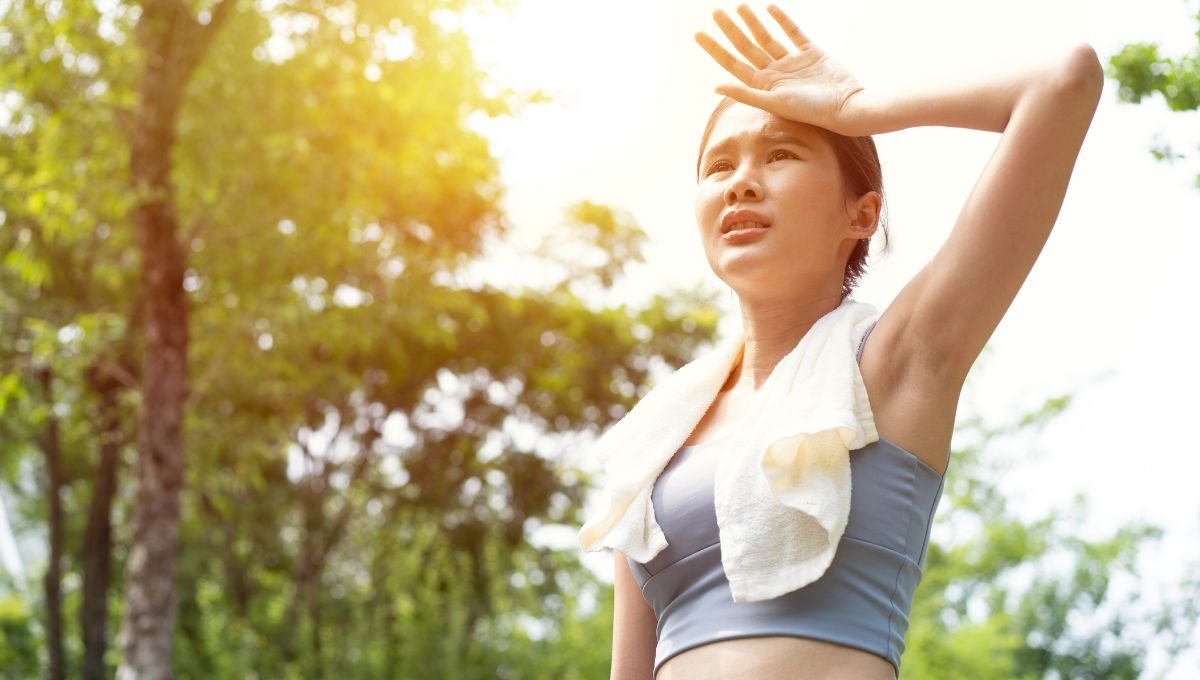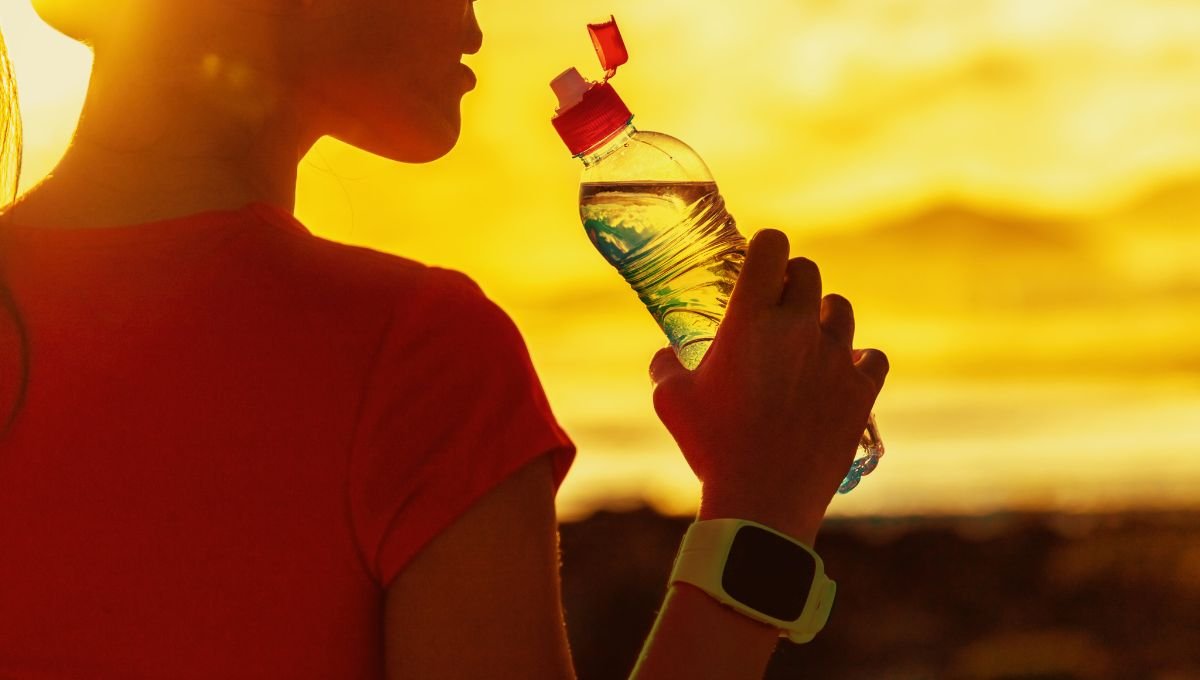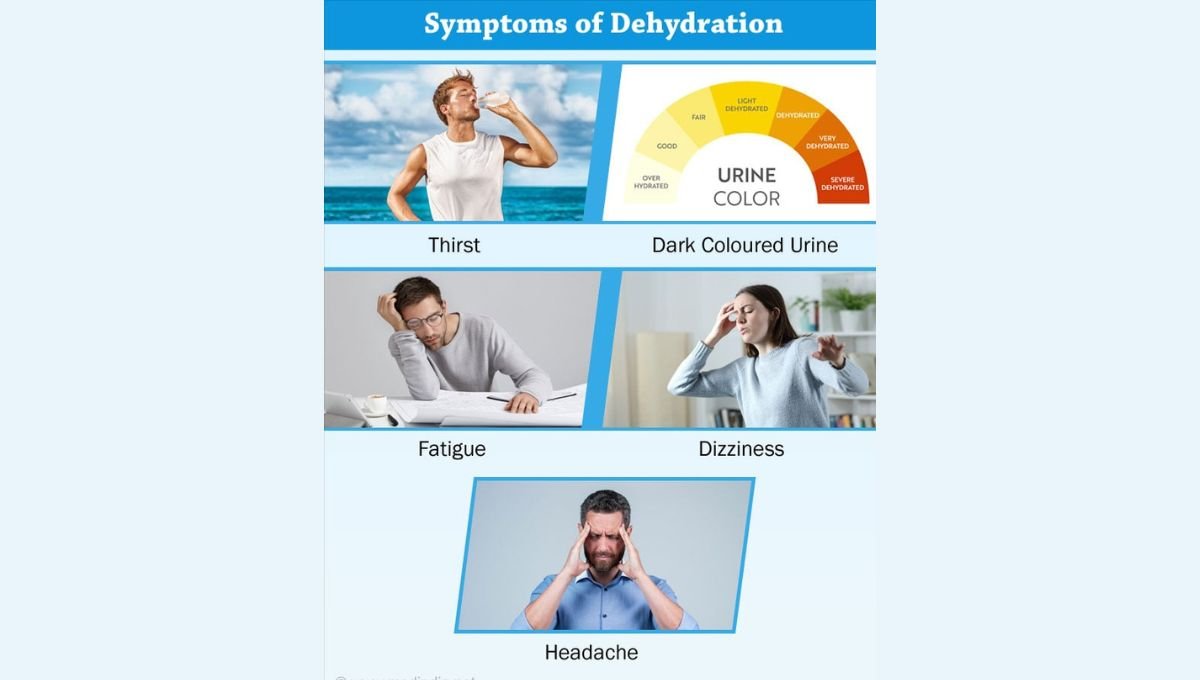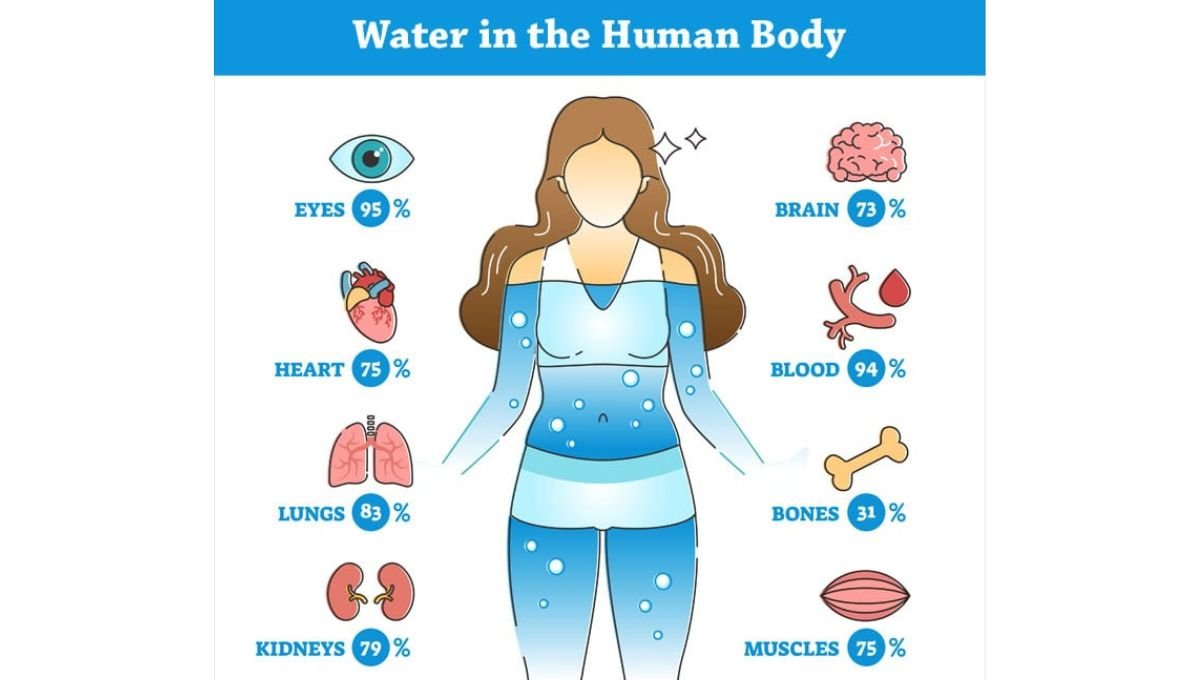 The ideal season to enjoy being outside is always summer, whether you’re at the beach, playing ball, visiting parks, or engaging in other outdoor activities. But before we begin to enjoy the summer, remember how important it is to stay adequately hydrated.
The ideal season to enjoy being outside is always summer, whether you’re at the beach, playing ball, visiting parks, or engaging in other outdoor activities. But before we begin to enjoy the summer, remember how important it is to stay adequately hydrated.
Drinking enough water is crucial at all times, but it’s crucial in hot, muggy weather because we lose a lot of fluids through perspiration. Because the human body is composed of almost 60% water, dehydration can pose a serious threat to our health. Our bodies suffer severe damage when bodily fluid levels drop.
To maintain adequate hydration, a wide variety of foods and beverages can be eaten. Put another way, not all drinks are made equal and won’t aid in staying hydrated. Since water keeps the body cool, it is the ideal liquid for ensuring hydration. Drinking water and other liquids that contain electrolytes like potassium and sodium is crucial if you’re exercising at a moderate to high intensity or spending a lot of time in the sun.
To help replenish the salt and potassium lost through perspiration, low-calorie sports drinks, and coconut water are excellent choices. It’s crucial to remember that regular drinks might have negative effects on our health in addition to being hazardous to sports drinks.
When attempting to hydrate yourself, you should also stay away from alcohol and caffeinated drinks like soda, coffee, and tea. These drinks deplete your body of fluids, which makes you more susceptible to becoming dehydrated.
 Fruit juices should also be avoided because their high sugar content can lead to stomach problems and, in the case of a dehydrated individual, can exacerbate symptoms of diarrhoea. If you drink juice, you should think about adding 50 per cent juice to 50 per cent water by following the 50/50 rule.
Fruit juices should also be avoided because their high sugar content can lead to stomach problems and, in the case of a dehydrated individual, can exacerbate symptoms of diarrhoea. If you drink juice, you should think about adding 50 per cent juice to 50 per cent water by following the 50/50 rule.
Because they contain a lot of water, several foods can also aid with hydration. Cucumbers, tomatoes, green peppers, cauliflower, iceberg lettuce, star fruit, watermelon, strawberries, and cantaloupe are some of these foods.
Your body uses thirst as a warning sign when it is dehydrated. Active individuals should drink at least 16 to 20 ounces of fluid one to two hours before engaging in outdoor activities, according to the American College of Sports Medicine. Every ten to fifteen minutes when you are outside after an activity, you should drink six to twelve ounces of liquids.
After engaging in any physical exercise, make sure to replenish any lost items. It is advisable to weigh yourself before and after exercising or spending time in the sun.The American Heart Association advises replacing lost weight with one pint of fluids for every pound lost. The best way to determine our state of hydration is to look at the color of our pee. The fewer fluids required, the more clear and light the hue is. If the pee has a yellow tint, you should continue drinking water.
Beat the Heat
The Value of Drinking Plenty of Water All Summer Long. It’s imperative to have adequate water each day, particularly during the hot months. Knowing the signs of dehydration and how to identify them will help you get treatment as soon as possible.
Dehydration: What is it?
When your body lacks the water necessary for proper operation, dehydration sets in.
Perspiration, excessive urination, vomiting, or diarrhoea are common causes of dehydration. You become dehydrated until you replenish the fluids your body loses from any of these processes. Recovering from dehydration might take up to three days, depending on how severe it is. Dehydration can affect everyone, but it poses a particular risk to infants, young children, and elderly people.
Those who exercise or play sports outside in warm weather run a higher danger. Even after a few hours in the sun, minor dehydration might set in. Drink water before, during, and after any cardiovascular exercise, such as jogging, hiking, cycling, basketball, tennis, soccer, and swimming, and take regular pauses in the shade. To avoid direct sunlight, schedule demanding activities during the late afternoon or early morning hours.
indicators that a person is dehydrated
You might feel the following bodily symptoms if you’re dehydrated:
- Weakness or exhaustion
- Headache
- Feeling lightheaded or dizzy
- decreased blood pressure along with an increased pulse rate
- appetite decline
- Experiencing a thirst
- dry lips, eyes, or mouth
- urine with a dark hue
- Constipation
- renewed epidermis
- enlarged feet
- cramping in the muscles
- Ineffective synchronization

dehydration
Treating mild to moderate dehydration typically involves using water or an electrolyte-rich beverage such as coconut water or a sports drink. This replenishes lost electrolytes like potassium and sodium.
In cases of severe dehydration, immediate medical attention is necessary.
If you or a loved one exhibits any of the following signs, get help right away:
- 103 degrees Fahrenheit or higher in temperature
- nausea or difficulty swallowing fluids
- jerking or seizures of the muscles
- lightheadedness, fainting, or unconsciousness
- Disorientation or slurred words
- Delusions
Maintaining Hydration

Maintaining constant hydration in your body is the strongest defense against the negative consequences of dehydration. According to Dr. Turner, “Your body needs different amounts of water depending on your weight, age, and level of activity.” “You can find out how much water you should drink each day by speaking with your doctor.”
One excellent technique to make sure you’re drinking enough water throughout the day is to monitor how much you drink. Especially in the heat, it’s a good idea to always have a water bottle with you so you can stay hydrated.
Different drinks have different properties that help you stay hydrated. Beverages with alcohol and caffeine are diuretics, which means they make you urinate more frequently, dehydrating your body. When at all possible, choose water instead.
During the summer, it’s especially crucial to stay hydrated because warm temperatures raise the risk of dehydration for everyone. Get in touch with your Inspira provider for additional details on how to prevent dehydration during the warm months.
